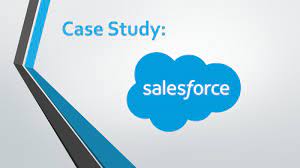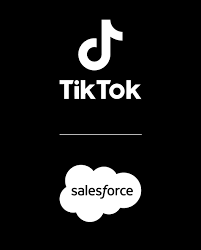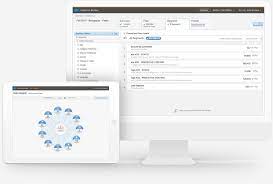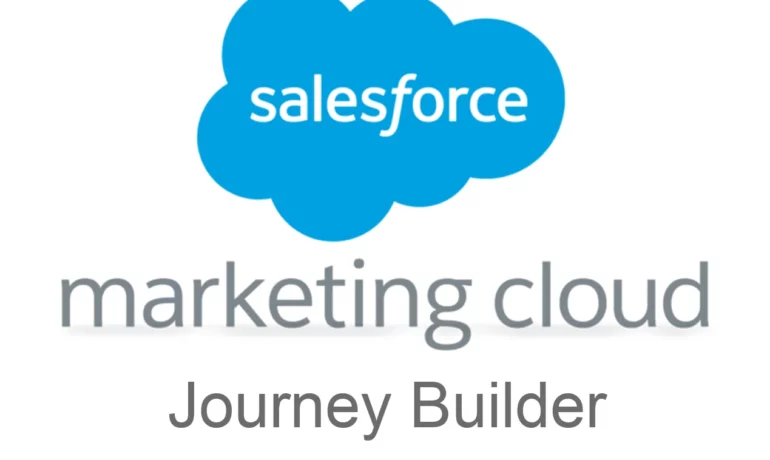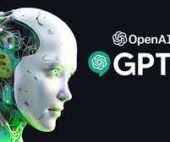Salesforce Audience Insights
Salesforce Audience Insights By Tectonic’s Marketing Consultant, Shannan Hearne Salesforce Marketing Cloud is so much more than just an email sending platform. This insight explores how it can power your advertising.; Marketing Cloud offers robust audience segmentation capabilities, empowering marketers to effectively segment their customer base. The integration of AI through Audience Insights enhances this power. Formerly known as Advertising Studio, the platform is now recognized as Marketing Cloud Advertising. Audience Insights provides a deeper understanding of customers by unveiling unique characteristics, interests, and behaviors of user groups interacting with your ads and converting. By connecting Marketing Cloud Advertising to paid media channels, you can optimize your audience strategy, gaining a unified, cross-channel view and assessing the effectiveness of first-party audiences through a dedicated dashboard. Key features of Audience Insights include: To leverage Audience Insights, your Marketing Cloud Intelligence admin needs to configure it before connecting Advertising to paid media channels. This integration allows you to analyze the effectiveness of first-party audiences with a single, cross-channel perspective. As a Marketing Cloud Advertising customer with a Marketing Cloud Intelligence license, you gain access to comprehensive audience and campaign analytics through Audience Insights for Marketing Cloud Advertising. This application is conveniently available in the Marketing Cloud Intelligence Marketplace. Utilize the Audience Insights for Advertising Studio dashboard to refine campaigns using first-party audiences. Additionally, the Marketing Insights for Sales Cloud solution facilitates a deeper understanding of how marketing efforts and spend translate into revenue, offering insights into the sales funnel and guiding strategic decisions. Salesforce Audience Insights The Marketing Insights for Sales Cloud solution utilizes objects such as Leads, Opportunities, Accounts, Contacts, Campaigns, and Campaign Members to provide a holistic view of marketing and sales alignment. Setting up your digital advertising strategy within Salesforce, particularly through Advertising Studio, yields significant benefits. Integration with Google Analytics 360 expands your digital marketing and analytics possibilities. Advertising Studio seamlessly connects with advertising platforms like Google Display Ads, Facebook Ads, Instagram, Pinterest, Twitter, LinkedIn, AdWords, Gmail, and YouTube. Are you ready to employ the full power of Salesforce Marketing Cloud and Advertising Studio? Contact Tectonic today. Like3 Related Posts 50 Advantages of Salesforce Sales Cloud According to the Salesforce 2017 State of Service report, 85% of executives with service oversight identify customer service as a Read more Salesforce Artificial Intelligence Is artificial intelligence integrated into Salesforce? Salesforce Einstein stands as an intelligent layer embedded within the Lightning Platform, bringing robust Read more Salesforce’s Quest for AI for the Masses The software engine, Optimus Prime (not to be confused with the Autobot leader), originated in a basement beneath a West Read more Salesforce Data Studio Data Studio Overview Salesforce Data Studio is Salesforce’s premier solution for audience discovery, data acquisition, and data provisioning, offering access Read more


